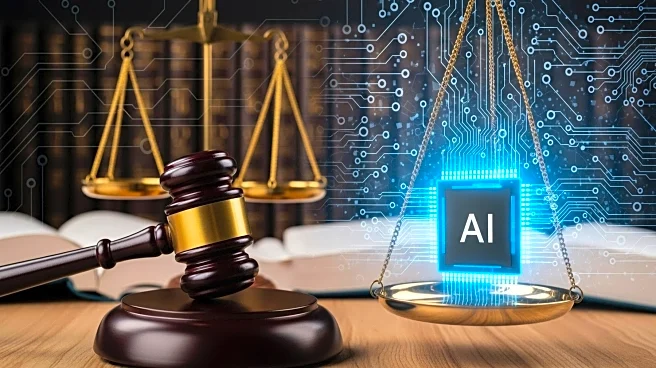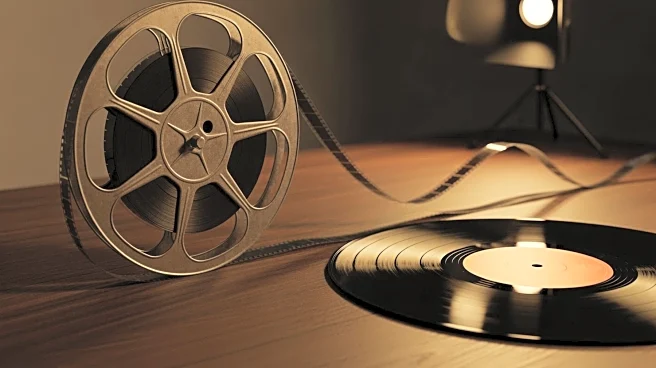What's Happening?
Warner Bros. Discovery has initiated legal action against Midjourney, accusing the company of using its copyrighted content without authorization in generative AI applications. The lawsuit, filed in the U.S. District Court in Los Angeles, claims that Midjourney's AI service illegally reproduces, displays, and distributes images and videos featuring Warner Bros. Discovery's iconic characters, such as Superman and Batman. Warner Bros. Discovery argues that Midjourney's actions constitute theft of intellectual property, as the AI platform allows users to generate images of these characters in various settings without consent. This legal move aligns Warner Bros. Discovery with other major media companies like The Walt Disney Co. and NBCUniversal, who have also challenged Midjourney's use of their content.
Why It's Important?
The lawsuit underscores the growing tension between traditional media companies and AI platforms over intellectual property rights. As AI technology advances, the ability to replicate and distribute copyrighted content poses significant challenges to content creators and owners. This case highlights the need for clear legal frameworks to address the use of copyrighted material in AI training models. The outcome of this lawsuit could set a precedent for how AI companies handle copyrighted content, impacting the broader media industry and potentially influencing future regulations. Warner Bros. Discovery's action reflects the industry's efforts to protect its creative assets and investments from unauthorized use.
What's Next?
The legal proceedings will likely involve complex discussions around the definition of fair use in the context of AI technology. Midjourney has previously defended its practices by claiming that the use of copyrighted material in AI models constitutes fair use. The court's decision could have far-reaching implications for AI companies and content creators, potentially affecting how AI platforms operate and how they are regulated. Stakeholders in the media and technology sectors will be closely monitoring the case, as it may influence future business practices and legal standards regarding AI and intellectual property.









